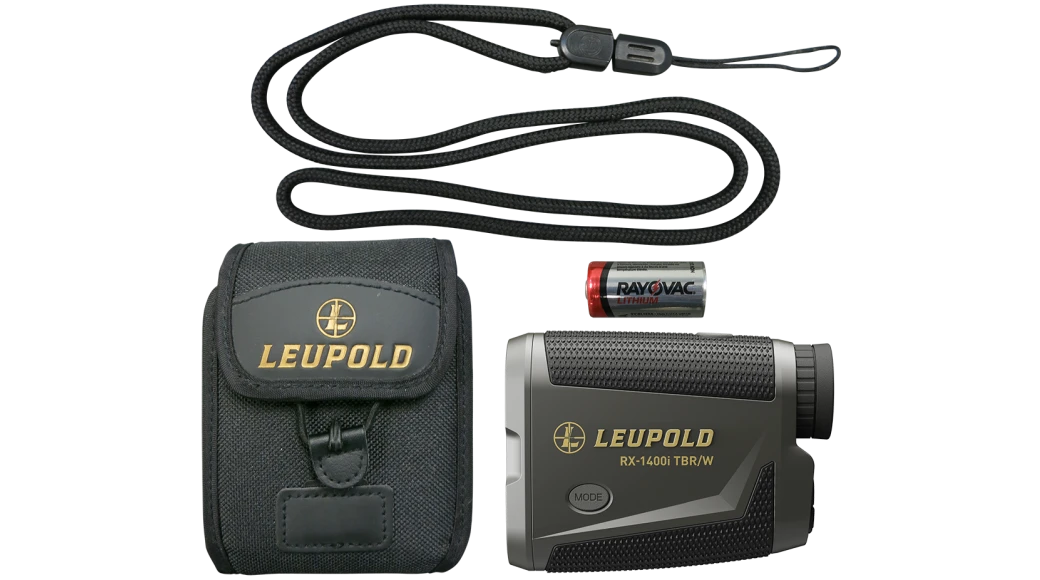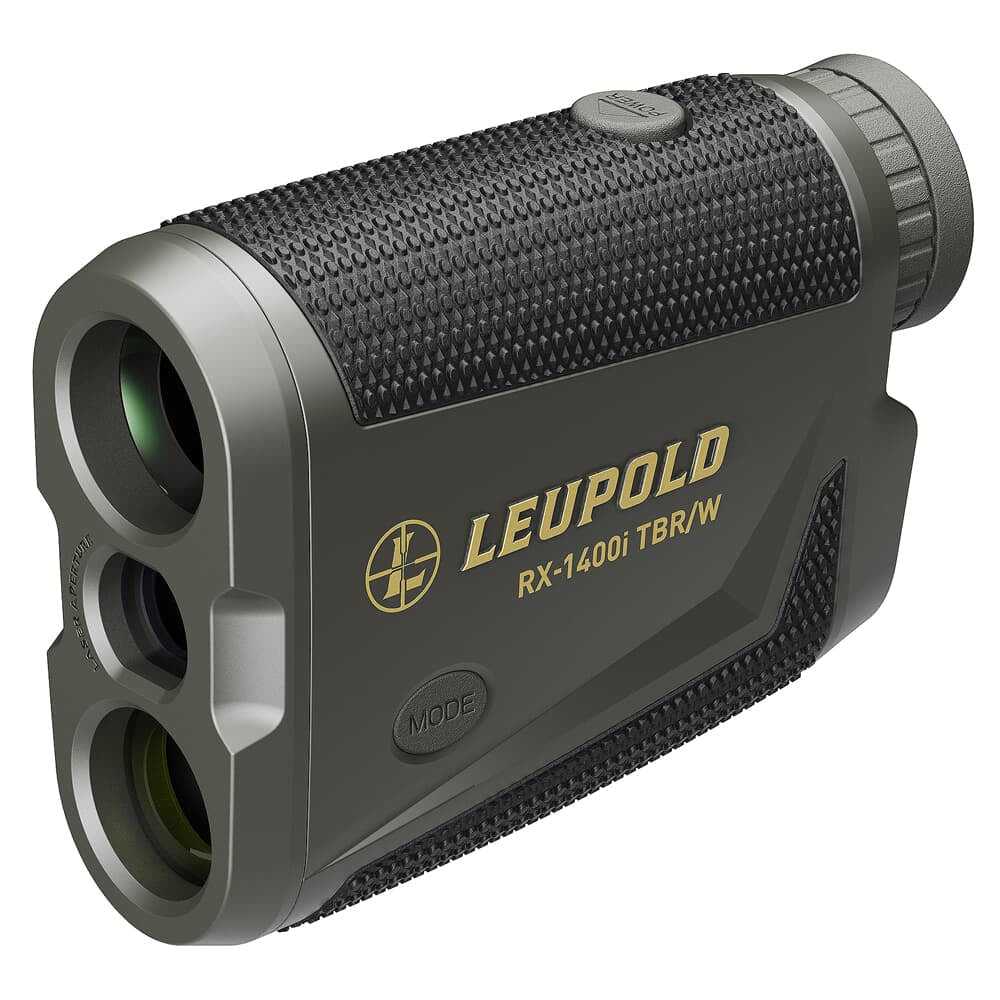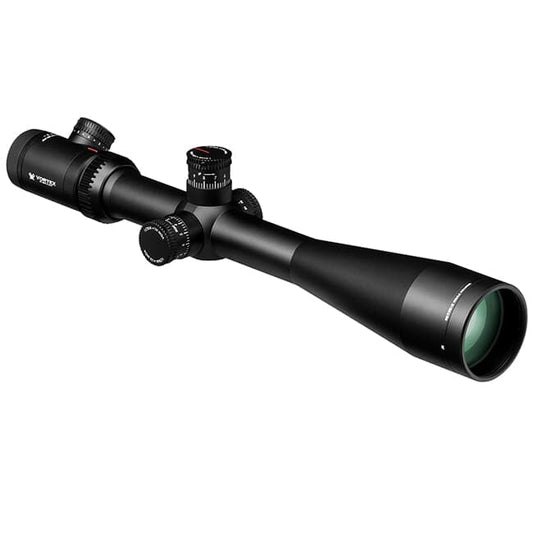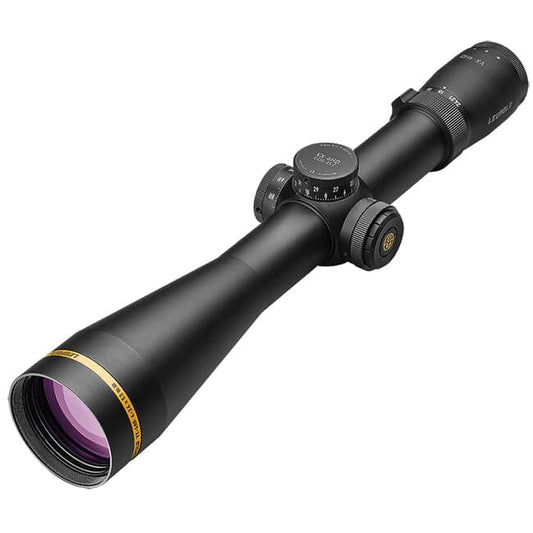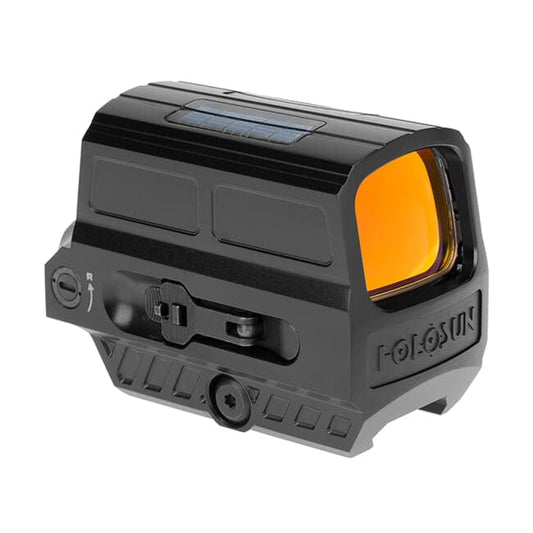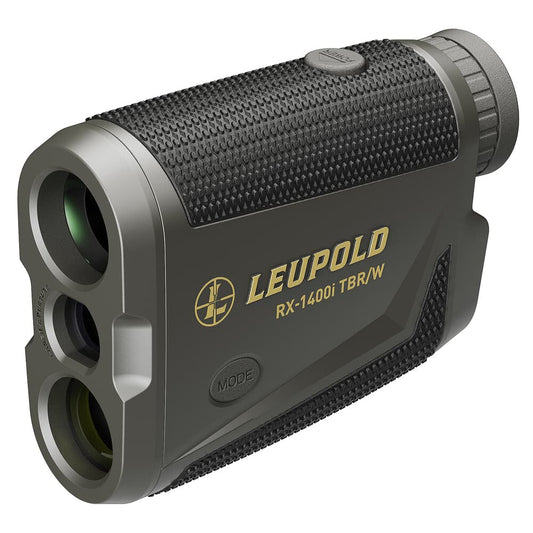

Leupold RX-1400i TBR/W Gen 2 Laser Rangefinder is engineered for precision, featuring a high-performance DNA® laser engine that delivers fast and accurate readings. This rangefinder allows for easy distance measurement, whether you're in the field with a rifle or a bow. The device is equipped with Flightpath™ technology, which projects the trajectory of your arrow, helping you identify potential obstructions before taking a shot. With its robust range calculation capabilities, this rangefinder ensures accuracy in both uphill and downhill conditions.
Designed for versatility, the RX-1400i TBR/W includes True Ballistic Range® and Wind (TBR®/W) technology, providing ballistically calculated distances for precise shooting. Users can also benefit from a last target mode that filters out distractions like grass or twigs. The illuminated display features adjustable brightness settings for optimal visibility in various lighting conditions, making this rangefinder a reliable companion for any outdoor adventure.
Key Features:
- HIGH-PERFORMANCE LASER for quick and accurate distance measurements.
- FLIGHTPATH TECHNOLOGY helps visualize arrow trajectory, reducing shot uncertainty.
- TRUE BALLISTIC RANGE for precise calculations on steep angles and long distances.
- LAST TARGET MODE filters out obstructions for accurate readings.
- ADJUSTABLE BRIGHTNESS ensures visibility in low-light conditions.
- VARIETY OF RETICLES allows customization for different shooting preferences.
- COMPACT DESIGN fits easily into any hunting pack.
- WEATHER-RESISTANT construction ensures durability in challenging environments.
Technical Specifications Table
| Specification | Detail |
|---|---|
| Magnification | 6x |
| Range | Up to 1400 yards |
| Weight | 7.8 ounces |
| Dimensions | 4.2 x 2.9 x 1.6 inches |
| Display Type | TOLED |
| Battery Life | Up to 5000 readings |
| Waterproof | Yes |
| Warranty | Limited Lifetime |
What's in the Box?
- Leupold RX-1400i TBR/W Gen 2 Rangefinder
- Carrying case
- Battery
- Lens cleaning cloth
- User manual
Customer Reviews
“The RX-1400i is incredibly accurate, and the Flightpath feature is a game changer for bow hunting.”
“I love how easy it is to switch between modes. It makes my hunting trips much more efficient.”
“The adjustable brightness really helps in varying light conditions. Highly recommend!”
FAQ
Many users question the range accuracy of the RX-1400i. Thanks to its advanced DNA® laser engine, this rangefinder delivers precise measurements, even in challenging conditions. The TBR/W technology further enhances accuracy by providing ballistically calculated ranges based on angle and wind, making it suitable for both rifles and bows.
Another common concern is maintenance. This rangefinder is designed to be weather-resistant, ensuring durability in various environments. Regularly clean the lens with the provided cloth and store it in the carrying case to maintain performance. Comparatively, while other models may lack features like Flightpath technology or advanced ballistic calculations, the RX-1400i stands out for its versatility and reliability.
Similar Models
Looking for more options? Explore Leupold's extensive rangefinder collection, including models like the Leupold RX-FullDraw 3 for archery enthusiasts and the Leupold RX-2800 for extended range capabilities. Discover the full lineup to find the ideal rangefinder tailored to your needs.
You May Also Like
Here’s some of our most similar products people are buying. Click to discover trending style.

